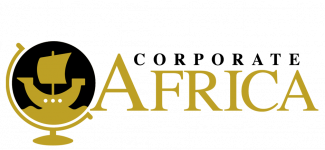WEST AFRICA POWER & ENERGY DEVELOPMENT TRAINING 2024
June 28 - 29, 2024
Continental Hotel (formerly Sheraton), Abuja, Nigeria
-
Training Method
At Venue & Online Virtual
-
Training Course Format
Reading Material (PDF) / Interactive with trainers
-
Duration
Two Days (16 Hours)
-
Access to content
Content is available to trainees
-
Qualification
Business Professionals Energy Africa
-
Seminar Size
30 (maximum) Professionals
-
Achievement
Endorsed by Corporate Africa Energy Academy
-
Additional info
Network Coffee and Lunch breaks; food provided by Corporate Africa. Trainers will always engage participants about their local experience to demonstrate relevant issues
Course Content
Corporate Africa Energy Academy, in partnership with industry and organizations, offers two-day interactive training Seminars to bring energy professionals up to date with the state of Africa’s energy industry, the transition from fossils to carbon-free economies, and the latest knowledge and technology needed to bridge skills gap re climate change and carbon-free economies. Courses will be held on the back of international energy events in Africa’s key economies and will examine the current state of energy in targeted economies, policies regulating energy sectors, incoming flows of investment, and opportunities available for corporate citizens, especially SMEs and minorities.
Building capacity to meet the needs of people without energy and prevent load shedding and power cuts requires collaboration at all levels, including private-public partnerships. Training also necessitates high levels of expertise, best standards, and technical know-how to guarantee that energy professionals become fully equipped with the knowledge and skills required to participate in the exciting opportunities of transitions to renewables. Trainers are energy professionals with solid experience in African energy and can forecast growth and development.
Training Partners

Engr. Bawa Gamiya Garshima
Engr. Bawa Garshima Gamiya, a seasoned electrical power systems professional, specializes in both renewable energy and conventional electric networks. With a Master’s degree from Nile University of Nigeria and a Bachelor’s degree from Federal University of Technology, Yola, he serves as a Principal Instructor. Certified by the Renewable Energy Academy (RENAC) of Germany, he excels in energy transformation and is adept at developing curricula. His expertise spans solar PV, wind, and hybrid systems, supported by contributions to international conferences and publications. Engr. Bawa embodies a rich blend of practical experience and academic insight.
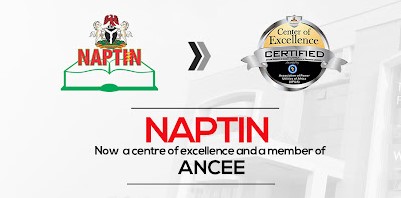
National Power Training Institute of Nigeria: Official Energy training partner for 2024
NAPTIN recognizes the significance of Corporate AfricaPower Africa training event to propel forward the renewable energy sector within West Africa, and we are committed to contributing our expertise and resources to ensure its success. We are pleased to nominate the following esteemed trainers from our institute, who are well-equipped with the high levels of knowledge, skills, and connections required to deliver the Corporate Africa energy program:
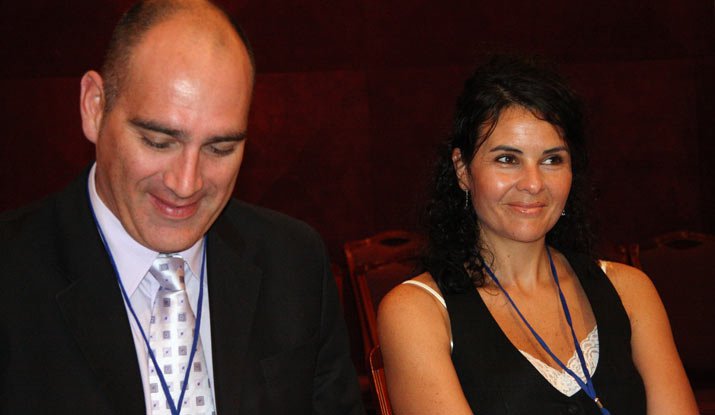
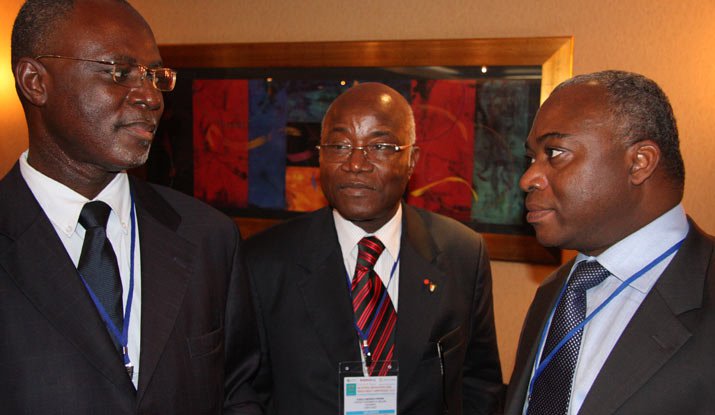
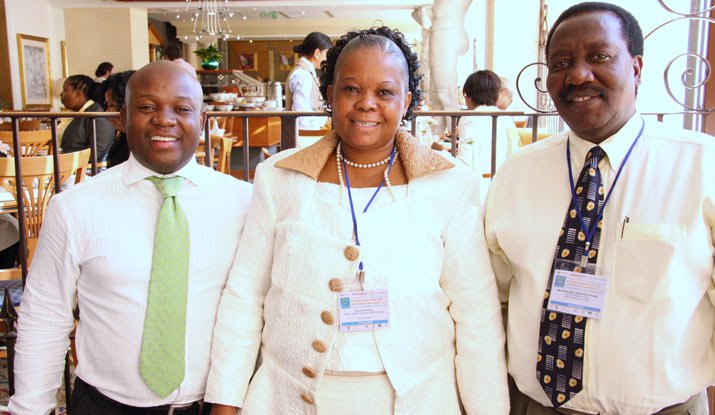

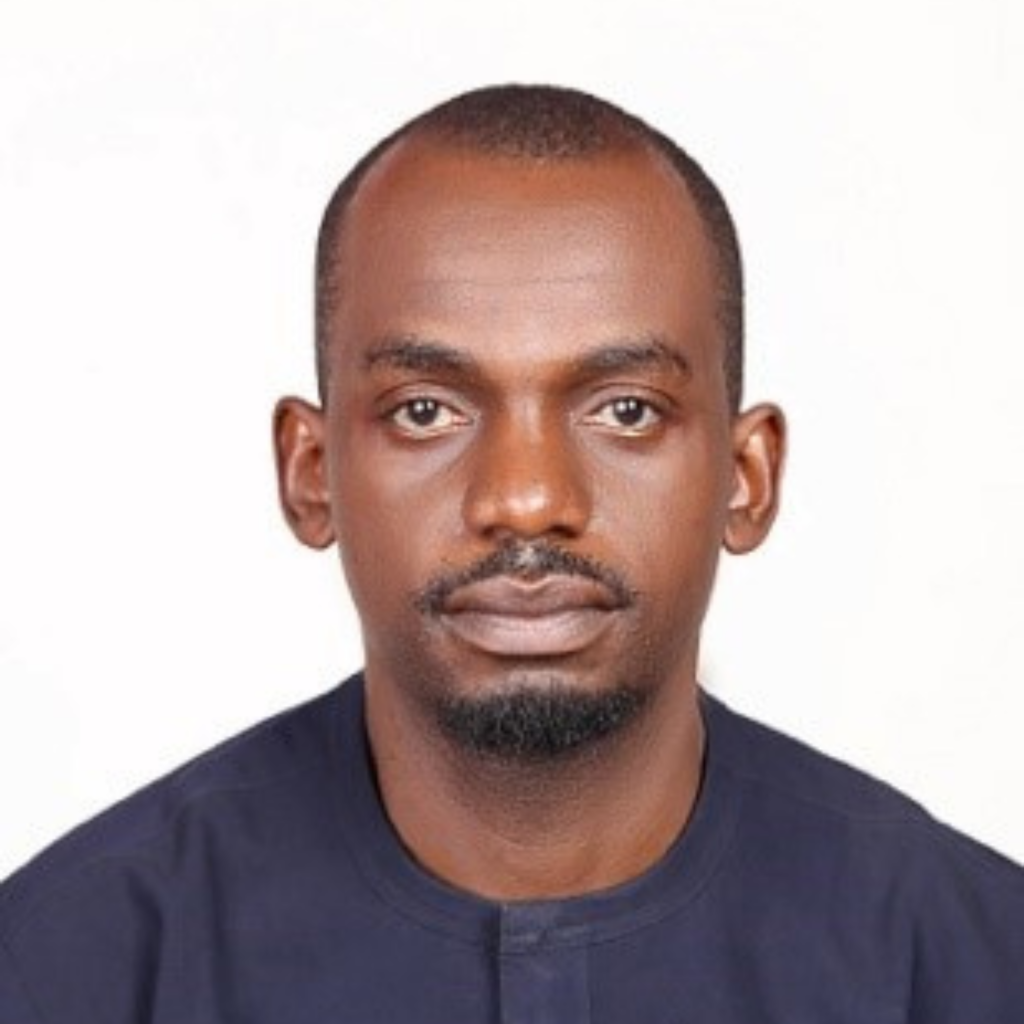
Engr. Ezekiel Andrew Sule
Engr. Sule Ezekiel Andrew is a highly qualified Electrical and Electronics Engineer with extensive experience spanning 13 years across all facets of the power system value chain. Holding a Master’s Degree and an Advanced Diploma, he’s adept in power generation, transmission, distribution, and renewable energy. With a keen focus on training, he serves as an Assistant Chief Instructor at NAPTIN, also training with WAPP and APUA. His expertise includes quality assurance, solar PV installation, instructional design, and occupational health and safety. A prolific researcher and presenter, he actively contributes to academia, embodying a distinguished career in engineering and education.
DAY 1
Africa Energy & Renewable Energy Opportunities Nigeria
Opening remarks and presentation of the course content and format by James Norris, CEO of Corporate Africa: Introduction of the first trainer and training session.
9:00
What is the just transition to renewable energy re Africa? And how will Africa achieve zero carbon energy by 2050? The need to manage climate change and transition to carbon-free economies and carbon capture, carbon credits and offsetting, and the global SDGs. How will Africa’s abundant fossil fuel reserves be integrated into the just transition to renewable energy and what are the likely impact on national economies re sustainable energy security and leveraging opportunities.
10:30
Network Coffee Break and Explorative Collaborative activity.
What is the current state of Nigeria's renewable energy sectors including solar power, wind, microgrids, batteries, geothermal and hydro electric energy: And the key attributes of Nigeria's energy transition plans that will secure national energy coverage by 2030?
13:00
Network Lunch Break sponsored by Corporate Africa.
Opening remarks and introduction of the afternoon session content and format by James Norris,
CEO Corporate Africa: Introduction of the trainer and their background
14:00
Transitioning to renewable forms of energies top the economy agendas of most African nations. What legislation and incentives are prevalent across Nigeria and West Africa creating an environment to empower local content to foster capacity building. And, strategies that local content can use to navigate their renewable energy sectors and take full advantage of investors massive resources, technology, and skills through partnerships, collaborations, contract sharing and other project opportunities? Also, sustainable investments in human capital to train and develop it to exploit renewable energy technology and opportunities ensuring the presence of a ready pool of technical talent for the industry.
Renewable energy is part of the third industrial revolution: What provisions are available in Nigeria’s and other ECOWAS nations’ energy transition plans such as access to climate change funds, other project finance, and training, to ensure that African companies are key stakeholders in their industries.
Closing remarks and appreciation of the first-day sessions and trainers by James Norris, CEO Corporate Africa
End of Day One
Day 2
Opening remarks and presentation of the day’s content and format by James Norris, CEO Corporate Africa: Introduction of the first trainer and content of the second day.
schedule
9:00
At what stages are the states of energy transition plans in specific African nations – the nations of ECOWAS, and what are the opportunities in these national contexts for regional and international companies and direct investors?
The role that international, partners and governments, including UN, COP 28, IRENA, African Development Bank, GFC, World Bank, will play to support African nations to build a carbon free free economy by 2050?
10:30
Network Coffee Break Lunch Break and Explorative Collaborative activity
USAID Power Africa investment projects in Nigeria and West Africa and how they have benefited the regions's communities, economies and job opportunities
Technical and training development systems and institutes across Nigeria and West Africa offering development courses for professionals seeking knowledge or to sharpen their skills?
13:00
Network Lunch Break sponsored by Corporate Africa.
Opening remarks and introduction of the afternoon session’s content and format by James Norris, CEO of Corporate Africa: Introduction of the trainer and their background.
14:00
Introducing Nigeria’s Vision 2030, what it is and its goals and targets. And its relation to Nigeria's renewable transition plans and the broader net zero carbon free targets for 2050
How was the African Development Bank US$1 billion offering to guarantee Nigeria's renewable energy program exploited?. How will it facilitate development of the industry in Nigeria’s and the region, Other finances from private and public sources, including (Climate change funds) available in the region?
Aged energy grids and national load shedding characterize Nigeria’s current energy industry. Massive investment funds will be required to solve these problems, potentially leading to delays in investments. How best can investors navigate inadequate infrastructure until they are upgraded.
How best can Nigeria’s support ECOWAS and the continent to achieve the UN SDGs (Sustainable Development Goals), especially the goal of affordable and clean energy for every household in Africa, which requires other infrastructure to be in place such as roads, rail, public transport, and access to clean water?
End of day Two / End of the meeting
Lorem ipsum dolor sit amet, consectetur adipiscing elit. Ut elit tellus, luctus nec ullamcorper mattis, pulvinar dapibus leo.
